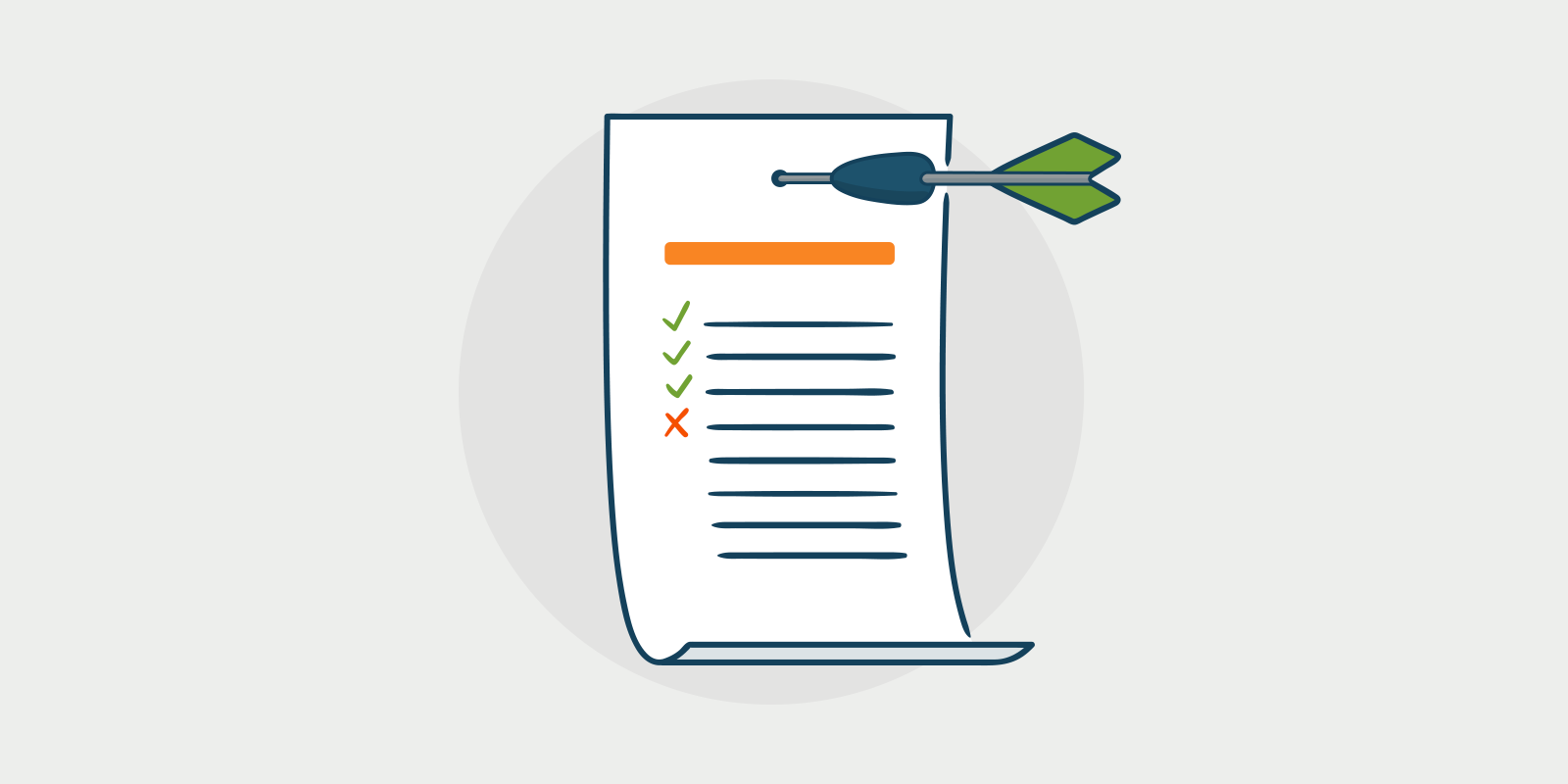The idea of being a landlord is very appealing. It conjures up notions of being able to sit back on rental income and never have to work again. But that’s not true – and if that’s what you thought being a landlord is all about – then it’s probably best you reconsider. For sure, letting property can be a very lucrative business, but it’s also risky, and plenty of landlords have found themselves in dire straits financially and legally when they haven’t done things right. That being said, it’s possible to become very wealthy with a buy-to-let portfolio.
We’ve prepared a checklist for all new landlords before renting a property. It won’t absolve you of all problems down the line. But if you follow these steps, you’ll hopefully save yourself a lot of possible future issues.
Continue reading →










 Protect the environment. Reduce paper consumption and help save the trees as well as save money at the same time.
Protect the environment. Reduce paper consumption and help save the trees as well as save money at the same time. 
